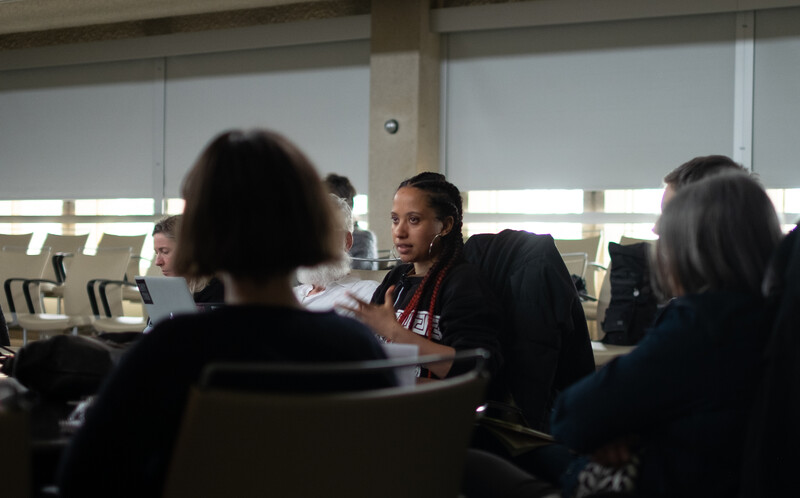
In the United States, the mainstream discourse on accessibility has been dominated by the Americans with Disabilities Act (ADA). The ADA’s primacy has allowed institutions to address access on purely juridical terms, focusing on accessibility as an obligation and liability. Institutions are often motivated to make accommodations by fear of committing torts and being sued. This presentation reframes questions of access to re-centre the people affected by inaccessible space and acts of exclusion. Lazard's presentation explores how a primarily juridical relationship to disability undermines the lived experiences of disabled people and privileges the state, rather than the public(s) that institutions claim to serve.
Disability justice provides radical tools for an embodied and intersectional disability politics. Drawing on the work of artists, scholars, and activists in disability justice movements, this presentation discusses the need for a shift in our current conception of accessibility. What kinds of communities can we build when access goes beyond ramps, grab bars, and doorway measurements, and includes less quantifiable elements of a space? What about needs that can’t be met? How can disability and a perceived excess of need threaten the very stability of an institution? The future of accessibility depends on institutions that are capable of engaging complex models of disability, recognizing ability to be in constant flux. It’s critical to create the conditions for a speculative access; how can we account for the needs that we cannot see, that we cannot anticipate, and that do not yet exist in emerging experiences and identities?
Conditions for a Speculative Access
- Presenter
- Carolyn Lazard

The Blackwood
University of Toronto Mississauga
3359 Mississauga Road
Mississauga, ON L5L 1C6
[email protected]
(905) 828-3789
The galleries are currently open. Hours of operation: Monday–Saturday, 12–5pm, Wednesdays until 8pm.
Facebook | Twitter | Instagram
Sign up to receive our newsletter.
The Blackwood is situated on the Territory of the Mississaugas of the Credit, Seneca, and Huron-Wendat.